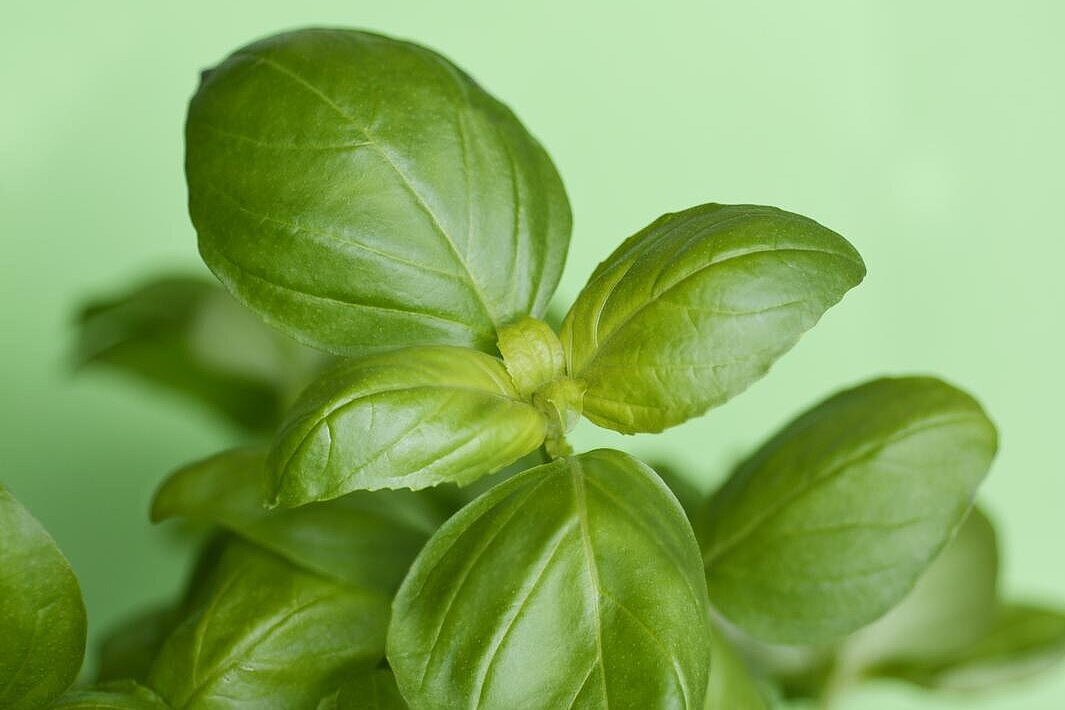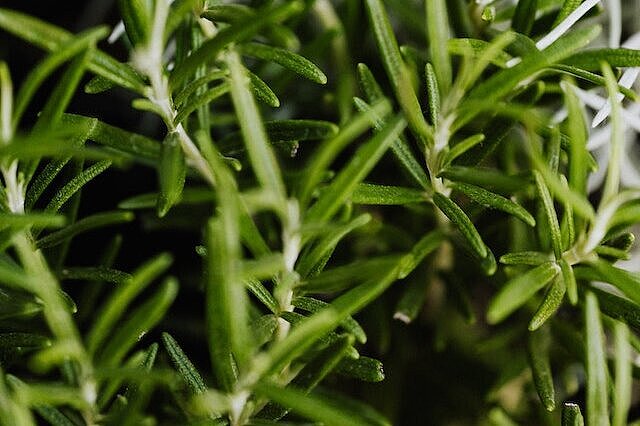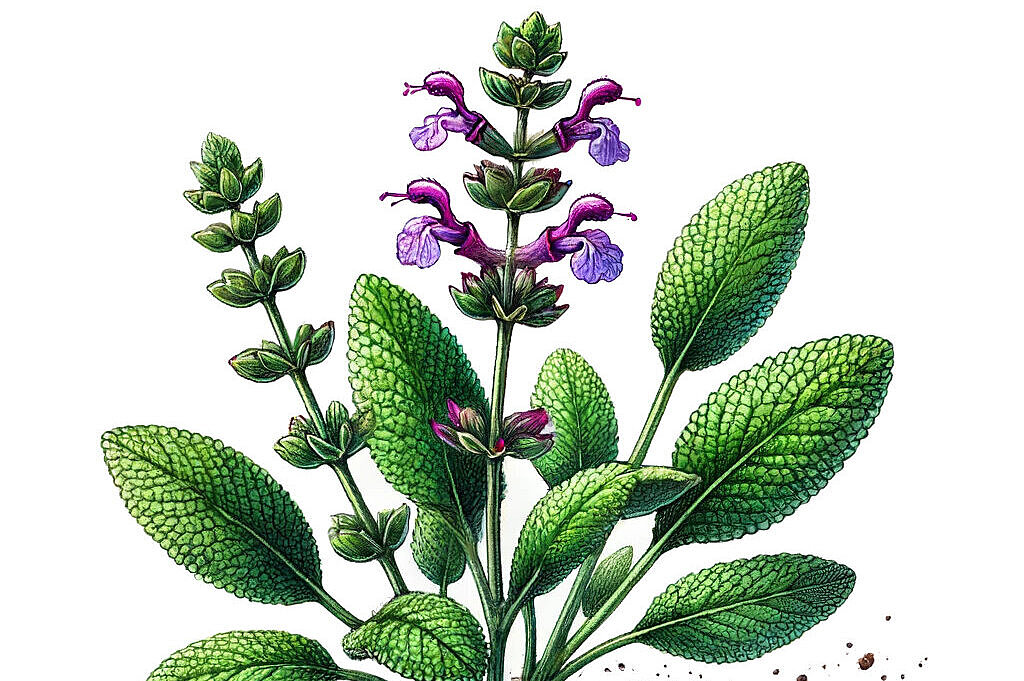Lemon thyme
What is lemon thyme?
Lemon thyme is a special variety of common thyme that stands out due to its characteristic lemony scent and taste. This plant belongs to the labiate family and is often used in the kitchen to add a fresh, lemony note to dishes. Lemon thyme is also used in traditional medicine as it contains essential oils that have antimicrobial and anti-inflammatory properties.
Botanical properties
Lemon thyme is a perennial plant that forms low, bushy growth forms. The leaves are small, oval and have a smooth, green surface. If you rub the leaves, you will notice the unmistakable lemony scent that makes this plant so unique.
Culinary and medicinal uses
In the kitchen, lemon thyme is often used in fish, poultry and vegetable dishes. Its essential oils not only add flavor to dishes, but also act as a natural preservative. In traditional medicine, lemon thyme is prized for its health benefits, including its ability to soothe coughs, aid digestion and fight infections.
Is lemon thyme safe for dogs?
If you're thinking about giving lemon thyme to your dog, you're probably wondering if this plant is safe. In principle, lemon thyme is not toxic to dogs in small quantities. However, there are some important points to bear in mind.
Possible benefits for dogs
Lemon thyme can potentially provide some health benefits for dogs, similar to humans. The plant's antimicrobial properties could help to boost your dog's immune system and prevent infections. Lemon thyme can also aid digestion and help to relieve bloating and stomach discomfort.
Risks and precautions
Despite the potential benefits, it is important to only use lemon thyme in very small quantities. Large amounts can cause stomach upset, and some dogs may be sensitive to the essential oils. Before introducing lemon thyme into your dog's diet, you should always consult your vet to make sure there are no individual health concerns.
Use of lemon thyme for dogs
If you want to incorporate lemon thyme into your dog's diet, there are several ways to do so safely.
Fresh and dried leaves
You can use fresh or dried lemon thyme leaves to add flavor to your dog's food. Make sure to only add a small pinch to avoid potential digestive issues.
Essential oils
Essential oils should be used with caution. Essential oils are highly concentrated and can be harmful to health if used incorrectly. It is advisable not to give essential oils directly to your dog, but if necessary to use them diluted in a diffuser to improve the air in the room.
Homemade treats
You can also make homemade dog treats by adding a small amount of lemon thyme. Make sure that all other ingredients are also safe and healthy for your dog.
Lemon thyme is a versatile plant that offers both culinary and health benefits. In small amounts, lemon thyme can also be safe and beneficial for dogs. With the right application, you can do something good for your dog in a natural way and support his health.
Properties 20
Are you looking for other ingredients with a specific property?
Just click on them to find more.
If you notice any signs of hypersensitivity or poisoning in your dog, you should see your vet immediately. We are not a substitute for a vet, but we try to be as accurate as possible. Every dog reacts differently and we recommend you get a second opinion or consult your vet if in doubt.
Stay healthy and take good care of your four-legged friend!😊
Similar to Lemon thyme
Basil is a green herb that belongs to the labiate family. There are many different varieties of basil, including the classic Genovese basil and the sweet basil. This herbal ingredient has a...
Oregano is a herbaceous plant from the labiate family. It is native to Europe, the Mediterranean region and parts of Asia. Oregano is often used as a spice in cooking and is known for its strong...
Rosemary is a spice plant that is widely used in Mediterranean cuisine. The plant has small, needle-shaped leaves and an intense, woody taste and smell. Rosemary is often used as a spice in meat and...
Sage (Salvia officinalis) is a plant from the labiate family. It is native to Europe and the Mediterranean region and has been used in cooking and as a medicinal plant since ancient times. Sage is a...



